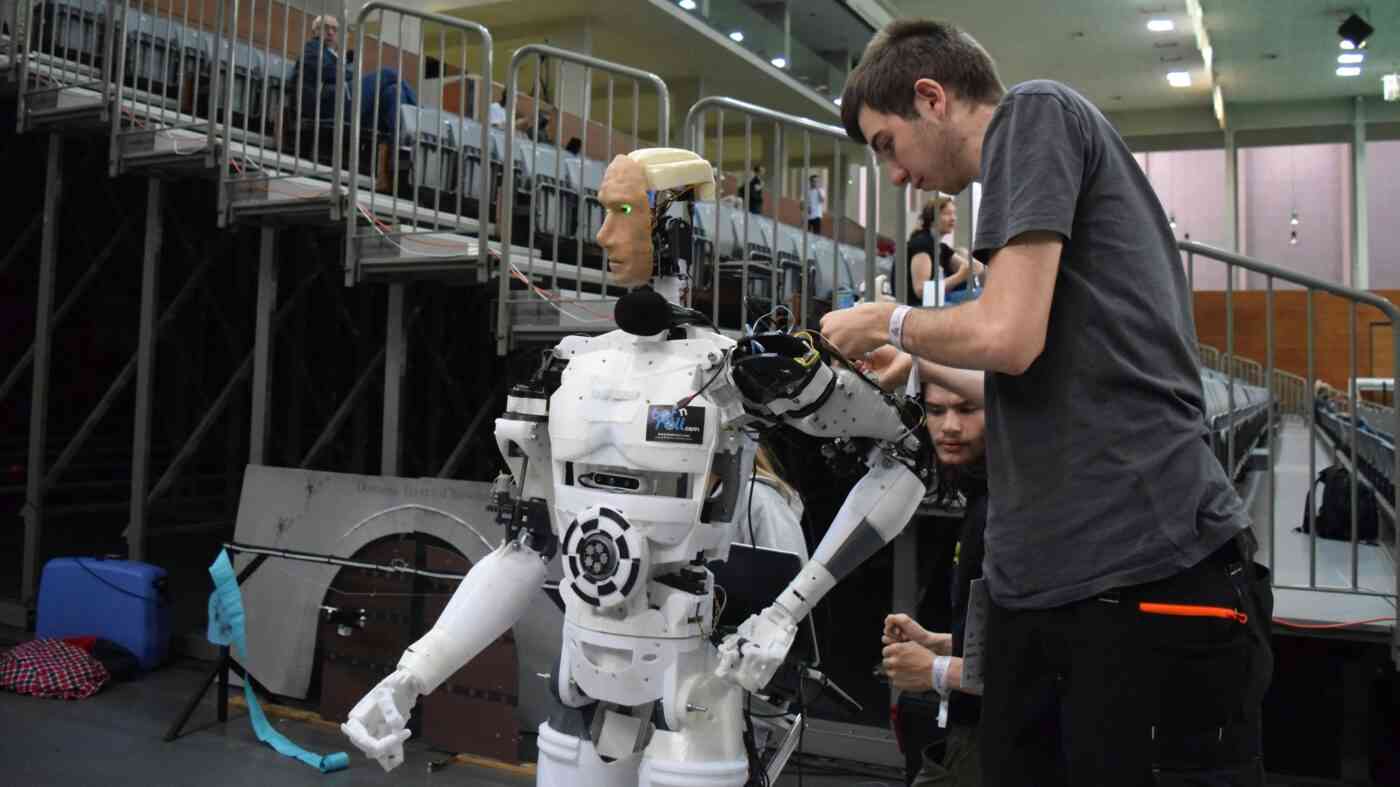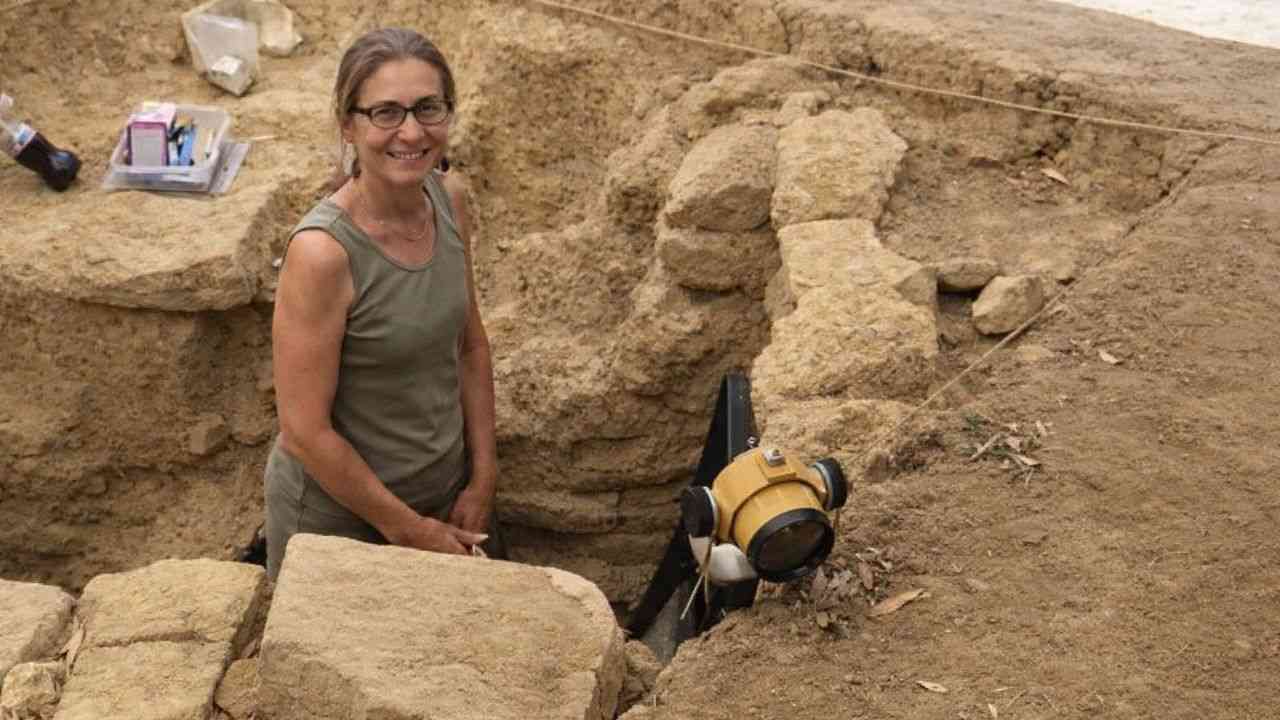Science
Inside China’s “Robot Schools”: Humanoid Robots in China Learn Work
14 February 2026

In the conversation between the Little Prince and the King, the following words are said: “We must demand of each one what each one can give, [...] Authority rests first on reason.” Are they still applicable today? Who do we call an authority and what conditions must a person meet to earn such a label? Do we still need authorities in the 21st century, and if so, how do we understand them? To be an authority one has to earn it by cultivating the appropriate character traits and attitudes toward people. It is worth asking: which ones specifically?
“The Oxford Advanced American English Dictionary” defines the word “authority”, among the others, as “power”. It can be “the power to influence people because they respect your knowledge or official position” or “the power to give orders to people”. A person or an institution can have authority, but they can also be an authority.
However, there is a need to consider what conditions should be met and what qualities to have to enjoy such exceptional recognition and respect from other people without “forcing them to it by order.” Undoubtedly, one has to deserve to be an authority, and to put it even more precisely: One has to earn it. But how do we accomplish this? As Władysław Grabski (1874‒1938), a Polish economist, historian, and author of the monetary reform rightly noted:
“Authority cannot be created artificially. Demanding authority from others usually proves that one does not have it. It must result from moral and intellectual values, only then it is permanent and serious.”
It is clear that referring to the above-quoted words of the Polish Prime Minister from the times of the Second Polish Republic, authority is worth building on authenticity, that is, based on qualities, skills, and predispositions that we already have and can naturally consider as our strength. Being authentic in one’s behavior usually evokes affection from other people. We do not like it when someone pretends when they try to create themselves into someone they are not at all. Being natural builds credibility.
Grabski also draws attention to the foundations on which authority should grow. Permanent moral and intellectual values translate into seriousness in behavior, personality maturity, and decision predictability. Man who bases his choices on a stable and well-established ethical system becomes credible not only in words but also in actions that result from the declarations they make. Fidelity to oneself, as well as to recognized principles, and adopted rules of conduct, also leads to increased trust for the individual in the environment.
It also seems that fair treatment of other people is an extremely important factor in the process of shaping authority. How to understand this fairness? Looking at bosses, important politicians, people in managerial positions, but also those who simply have some form of power over others, one can notice that their treatment of their subordinates arouses respect. None of us likes or wants to be seen as an anonymous part of the grey mass. Every human being is an individual – one of a kind and unrepeatable. We care about this fact to be confirmed by how others treat us.
We recommend: The Twilight of Authorities: A Disease of the 21st Century?
An individual approach to another human requires involvement, taking one’s time to get to know that person better. Thanks to this, we can adapt to their predispositions, talents, and acquired skills. In this sense, treating others fairly means showing people the respect they deserve and reaching out to their expectations and needs. A fair teacher does not favor anyone in the class. But the more they get to know their students, the more are aware of what they can require of each of them. A fair company director maintains impartiality in assessing the performance of their subordinates. They are guided by clearly defined criteria and also distribute tasks according to the competencies, skills and knowledge of their employees.
We respect people who are able not only to set their limits distinctly but also to abide by the ones set by others. This is an important skill, in practice not always easy to develop. Specifying the principles of common functioning allows us to avoid many unnecessary conflicts and leaves no understatement about the duties of each of us. With such a “map of influence,” mutual communication also becomes more transparent and concrete.

Alexis de Tocqueville (1805‒1859), a French sociologist, politician, and foreign affairs minister, wrote in his book Democracy in America:
“It is therefore always necessary, however, it happens, that we encounter authority somewhere in the intellectual and moral world. Its place is variable, but it necessarily has a place. Individual independence can be more or less great; it cannot be boundless.”
Although these words were formulated in the 19th century, their message seems timeless and universal. For it seems that without the authorities societies would fall into chaos, and unlimited freedom would quickly turn into loose conduct and carelessness. In the history of the world, authorities have usually united people, for they have embodied qualities, attitudes, and behaviors that were considered exemplary by many. Intellectual authorities encouraged them to deepen reflection on a topic, aroused awareness, and motivated them to their thoughts.
Of course, times change, so authorities change with them. However, it seems that the need to get inspiration from such people is a natural feature of man. It affects some more strongly, others less strongly – depending on the personality and character traits of a particular person. However, we like to have role models, because they give us the conviction that it is possible to climb to the heights of humanism and realize the Good and the Truth in our lives at the highest level.
The times in which we live today are characterized by a huge pluralism of worldview. Cultures, traditions, religions, and languages mix at a dizzying pace. Added to this is the technological progress that is taking place before our eyes at an equally revolutionary rate. The increase in knowledge is enormous. The world is moving forward at such a speed that it is easy to get lost. Especially for young people who find it difficult to define themselves in this multitude of changes.
And it is precisely the maturing and not yet formed individuals who need fixed points of reference, thanks to which they will gain a sense of security and stability in this wild rush in which we all participate. That is why the need for authorities seems so important in the 21st century. Hannah Arendt (1906‒1975), a German philosopher of Jewish origin, wrote in the last century:
“The disappearance of authority is equivalent to the destruction of the foundations of a world that has since begun to drift, change, and transform from one form to another with increasing violence as if our lives were to struggle with some Proteus universe, where everything could at any moment become something else.”
It is worth remembering her words before we negate everything that seems to us old-fashioned, out-of-date, unnecessary. It may turn out that after removing everything that appears no longer to fit with the present day, only chaos and an infinite number of undefined ideas will remain.
We recommend: Mixtape Melancholy: What Does Millennials’ Nostalgia for Their Childhood Years Express?
Translation: Marcin Brański

Science
13 February 2026

Science
13 February 2026

Zmień tryb na ciemny